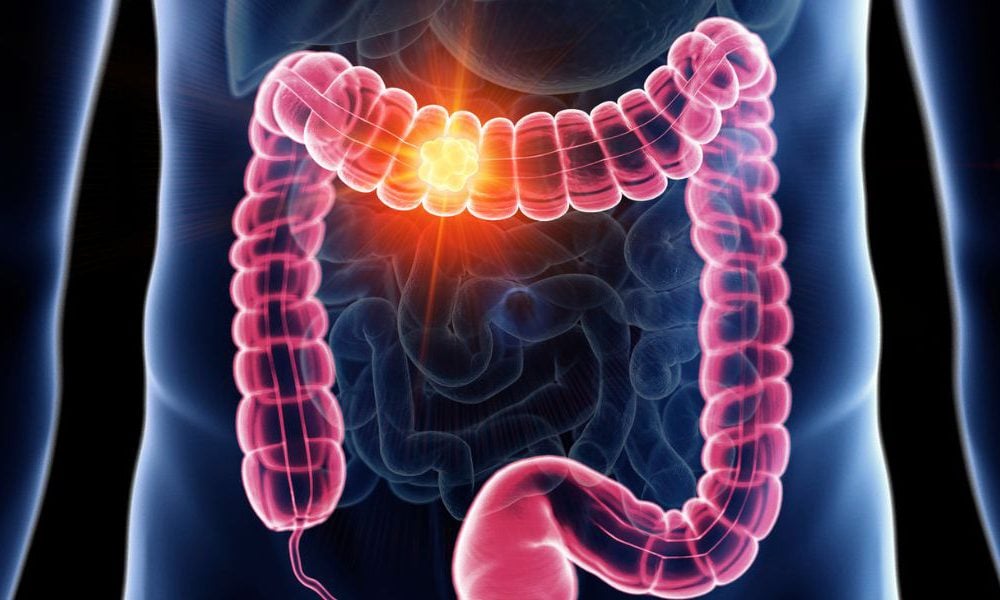Gut health is a hot topic right now. Unfortunately, many of the supplements, diets, and fads touted on the internet aren’t fully backed by science. But one thing that you can do that’s proven to help ensure a healthy gut is to get screened for colon cancer.During the COVID-19 pandemic, a lot of people put preventative care on the back burner. As a result, we’ve seen colon cancer diagnoses increase due to delays or lack of screening.Colorectal cancer is the fourth most common cancer in the United States. It affects all genders and all races. It’s the second leading cause of cancer death, which means it’s one of the most deadly.
But did you know it is also one of the most preventable? Colon cancer screening is designed to find cancers before they become advanced or remove polyps before they have the chance to transform into a cancer. Studies have shown lower death rates with screening programs.
Unfortunately, we’re seeing more and more cancer diagnoses in younger patients. Earlier guidelines recommended colorectal cancer screening to start at age 50 for people at average risk, but that age has now been lowered to 45.What Is Colon Cancer?The colon is another name for your large intestine. The rectum is the end part of it. Colon cancer starts from normal tissue that transforms into a small growth called a polyp, which can then become cancer. Colon cancer often takes 10-15 years to develop.
What Are the Symptoms of Colon Cancer?
Often colon cancer has no symptoms. (Your doctor may say it’s asymptomatic.) This is why we recommend that everyone over age 45 gets screened. Some people do have symptoms like blood in the stool, abdominal or back pain, weight loss, anemia, fatigue, change in bowel habits.
Am I Average or High Risk for Colon Cancer?
Getting the answer may require a few awkward conversations around the dinner table with your family. Ask your parents if there’s a history of colon cancer or if they had large polyps removed during their colonoscopies. Ask your siblings about their experiences. If you have colon cancer in your family, you may need to start your getting screened before 45. If you have a history of inflammatory bowel disease, such as ulcerative colitis or Crohn’s disease, you may need more frequent screenings because your risk may be higher.
What Are the Screening Options?A test called a colonoscopy is the gold standard. The doctor uses a long, flexible tube with a camera on the end to look at your large intestine. If they see any polyps, they can remove them before they transform into a cancer. If your first colonoscopy is normal, it’ll be 5-10 years before you need another one.A similar test known as a sigmoidoscopy is another option, but it only lets the doctor see a portion of your colon. Since the prep is the same — drinking a laxative the day before and getting sedation the day of — I recommend going with the full colonoscopy.
We occasionally use CT scan colonoscopies are as well, but often limited by insurance coverage. The prep is the same but the test is not invasive. There are also tests kits available that check for abnormal DNA or blood in a stool sample. If this is positive, you’ll need a colonoscopy as a follow-up every 3 years.
How Bad Is a Colonoscopy?In the U.S., most people get some form of sedation before a colonoscopy. That means you’ll be asleep. It’s a painless process. The day before your colonoscopy, you’ll fast and drink a laxative to clean the stool out your colon. These days there are several options for laxatives that include better tasting, smaller volume solutions than in years past. There are even pill-based options. Most insurance covers screening tests completely.How Can I Prevent Colon Cancer?
Screening, screening, screening! The goal is to find high-risk lesions before they become more advanced. When we find colon cancer at earlier stages, it’s more likely to be cured, and the treatment is less involved with an easier recovery.
With regard to lifestyle changes, studies link eating red meat and processed meat with a higher risk for colon cancer. Staying at a healthy weight and exercising regularly can help. Avoid cigarette smoking and drink alcohol in moderation — that’s one drink a day for women and two drinks a day for men. Arm yourself with information and find out your family history to decide if you should be screened sooner than age 45.


